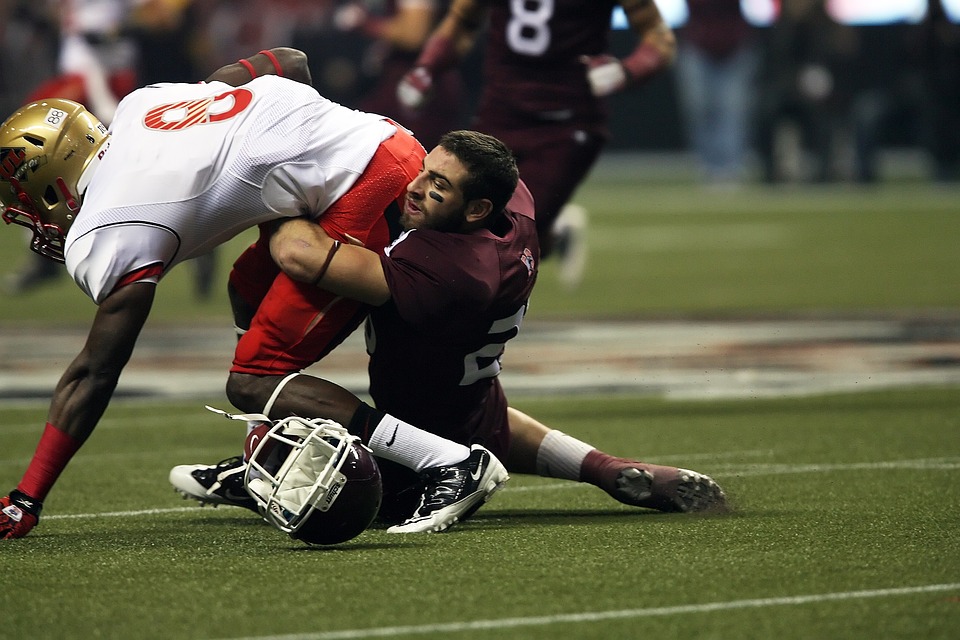
You’ve heard about football players getting concussions left and right, or people involved with car accidents getting concussions. You might think you’re immune and the symptoms don’t apply to you, but especially if you are often around little ones, it’s important to know the signs and symptoms of concussion.
The Mayo Clinic defines a concussion as a “traumatic brain injury that affects your brain function.” They’re typically caused by a blow to the head. You can also obtain a concussion if the head or upper body is vigorously shaken. The forceful movement causes your brain to slide back and forth against the inner walls of your skull. This can lead to bleeding in or around the brain, which can be fatal; that is why monitoring symptoms and getting care when needed is essential. The intensity of your symptoms is dependent upon the severity of the concussion. For instance, sometimes you can lose consciousness after receiving a concussion. Luckily, most individuals fully recover after a concussion. However, symptoms can last for days or weeks. Sometimes, symptoms last even longer than that.
Unfortunately, you may have a concussion without realizing it. While some symptoms come on almost immediately, others are delayed. Immediate symptoms include headache, confusion, and memory loss. You might feel dizzy or some pressure in your head, and you may experience ringing in the ears, nausea, vomiting, and slurred speech. Observers may note that you appear dazed and are slow to answer questions. Some symptoms may be more delayed, whether it’s hours or days. It might be hard to concentrate or sleep through the night. You might be irritable or experience personality changes, and there is the possibility for psychological adjustment problems and depression. You may even be sensitive to light or notice issues with taste and smell.
Concussion signs may present themselves differently in children, who may be too young to articulate the symptoms they are experiencing. Pay attention if they seem particularly dazed or listless. They might tire more quickly and experience increasing irritability and crankiness. If they’re losing their balance more often or crying excessively, they may be suffering from a concussion. Other symptoms include changes to eating or sleeping patterns, and lack of interest in favorite toys.
Emergency care might not be required for a minor concussion, but anything more than a bump on the head requires you to at least give your child’s doctor a call. If you experience repeated vomiting, a loss of consciousness for more than 30 seconds, significant behavior or physical coordination changes, slurred speech, or a headache that gets increasingly worse, it’s time for emergency care.
A doctor may perform a variety of tests to see if you or your child has a concussion, including a neurological examination. Brain imaging may be necessary. Hospitalization isn’t usually required, but someone should monitor you for 24 hours to make sure your symptoms aren’t worsening and that you are waking up normally. Concussion treatment is rest, both physically and mentally. Shortened school or work days might be recommended as you heal. For headache relief, stick to pain relievers like acetaminophen and avoid NSAIDs, as NSAIDs can increase the risk of bleeding.

